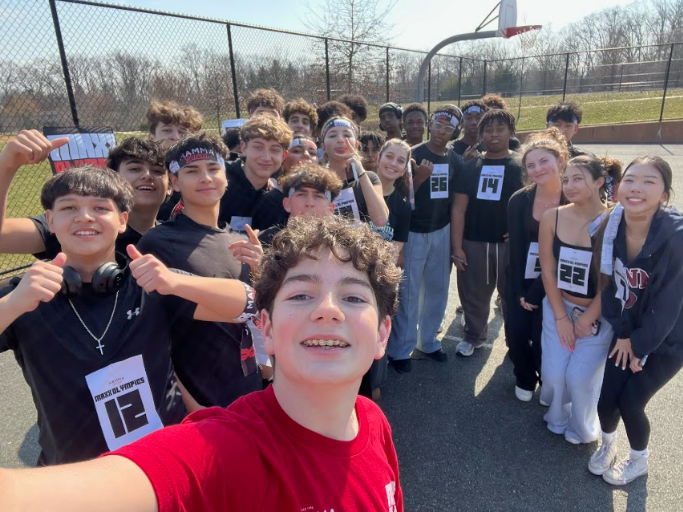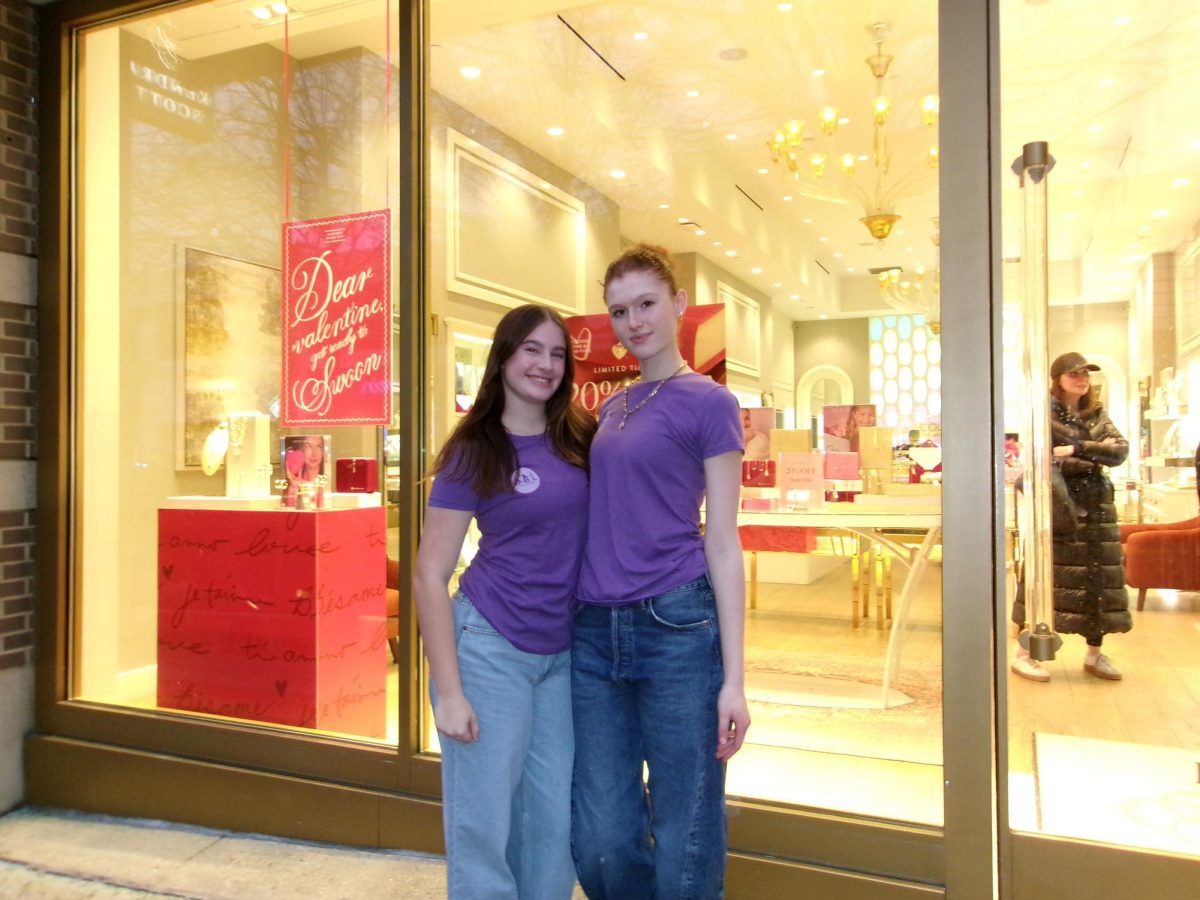Several teenagers are conversing at lunch when one cries out: “Selfie!” Within mere seconds, the crowd moves like a choreographed dance into a huddled position, each member smiling at the the lens of a camera phone. The word “selfie” showed so much prominence in the English language this year that, as of November 2013, the Oxford Dictionary named “selfie” the word of the year. Runners-up for the esteemed title included binge-watching, bitcoin, shmeat and twerk.
Selfie:
President Barack Obama does it; Miley Cyrus does it, and even the Pope does it. Just about everyone in ownership of a camera has demonstrated the act of taking “selfies.”
“The fact that ‘selfie’ is the word of the year shows how the Oxford Dictionary is very good at defining our culture,” senior Patricia Lai said.
A “selfie” is a photograph that one has taken of oneself typically with a smartphone or webcam and uploaded to a social media site.
According to Lai, “selfie” is a word that demonstrates the “need to be seen” aspect of our society. It represents the public’s striving to leave something of themselves behind
Binge-Watching:
Binge-watching means watching episodes of television programs in a rapid succession; this is typically done by means of DVDs or digital streaming. The word “binge-watch” has been used in some social circles since the late 1990s, but it has only recently come into mainstream use. In 2013, “binge-watching” gained popularity when Netflix released episodes of its series all at once, giving users the opportunity to seriously binge-watch for hours on end.
“I actually ‘binge-watch’ all the time,” senior Aicha Haidara said. “Whenever I get really into a new show, I can’t help but watch non-stop.”
Bitcoin:
“Bitcoin” by definition is a digital currency that does not need a central bank.
The first “bitcoins” were created in 2009. By 2012, the virtual currency attracted greater attention and has since gained more and more popularity. Bitcoin use increased between March and May of 2013, due to the market crash at that time. The price of bitcoins have been increasing since its creation. According to Japanese-based Mt. Gox Exchange, the world’s most recognized bitcoin exchange site, one bitcoin is equal to approximately $928, though a “fair value analysis” prices the currency at a max of $1,300.
However, there has been some speculation over its legitimacy.
“Because they’re used on the Internet, they carry certain risks,” junior Katie Kidney said. “Thanks to our lack of cyber security, it’s easy for bitcoins to be stolen.”
Shmeat:
Shmeat is defined as meat synthetically produced from biological tissue.
In earlier years when the phenomenon of creating artificial meat was still in its early stages, man-made meat was more commonly known as “cultured meat,” rendering the use of the word shmeat rare. However, in 2013, Dutch scientists created the first shmeat hamburger, paving the way for the possibility that the general public would use the word shmeat more often.
“I think shmeat could come to be beneficial for society,” Kidney said. “Shmeat can help solve the environmental issues surrounding meat consumption.”
Twerk:
“Twerk” refers to the raunchy dance, made famous by Miley Cyrus, involving hip movements in a low crouching posture. By 2013, “twerk” was prevalent enough to be recognized as an official word.
“I think [twerking] is so popular because it’s unlike anything anyone has ever seen,” junior Sara Chang said.
The word “twerk” first appeared in the early 1990s bounce music scene of New Orleans, though is possible that it was used in clubs and parties before that. The word is a modification of the word “work.” Both “twerk” and “work” have been used in similar contexts with dancers expected to “work it.” The letter “t” could have come from word supplements such as “twist” or “twitch.”
According to Chang, “twerk” does deserve to be one of the top words since even parents and teachers are catching on to it.
Students have also seen uniquely Churchill words rise in popularity.
“As for CHS, words used on the Daily Dose like ‘fresh’ and ‘classy’ would best define us,” Lai said.
Whether any of the 2013 words will remain in our vocabulary for long, they currently carry importance in today’s society. So next Saturday night, take a second to reflect about this idea before you finish binge-watching, counting up your bitcoins, waiting to get into a twerk-off or eating shmeat. Then, take a selfie.







